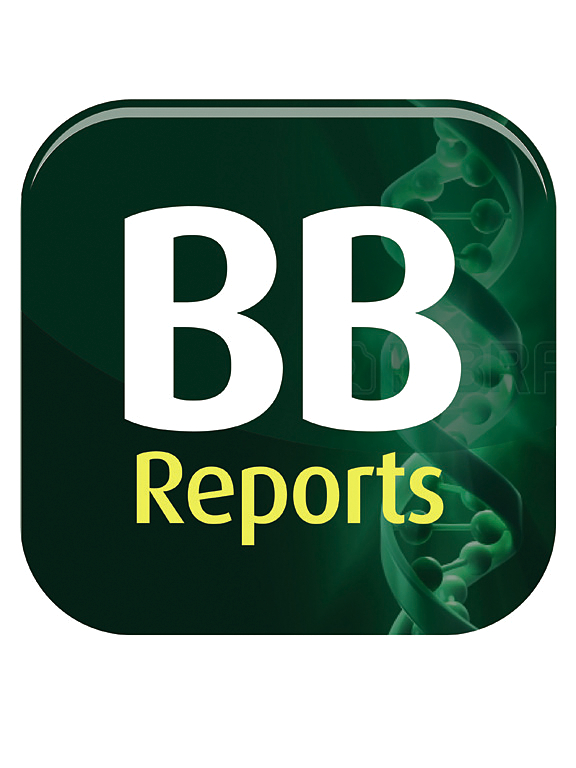Autophagy: The convergence point of aging and cancer
IF 2.3
Q3 BIOCHEMISTRY & MOLECULAR BIOLOGY
引用次数: 0
Abstract
Autophagy, a dynamic intracellular degradation system, is critical for cellular renovation and maintaining equilibrium. By eliminating damaged components and recycling essential molecules, autophagy safeguards cellular integrity and function. The versatility of the autophagy process across various biological functions enable cells to adapt and maintain homeostasis under unfavourable conditions. Disruptions in autophagy can shift a cell from a healthy state to a disease state or, conversely, support a return to health. This review delves into the multifaceted role of autophagy during aging and age-related diseases such as cancer, highlighting its significance as a unifying target with promising therapeutic implications. Cancer development is a dynamic process characterized by the acquisition of diverse survival capabilities for proliferating at different stages. This progression unfolds over time, with cancer cells exploiting autophagy to overcome encountered stress conditions during tumor development. Notably, there are several common pathways that utilize the autophagy process during aging and cancer development. This highlights the importance of autophagy as a crucial therapeutic target, holding the potential to not only impede the growth of tumor but also enhance the patient's longevity. This review aims to simplify the intricate relationship between cancer and aging, with a particular focus on the role of autophagy.
求助全文
约1分钟内获得全文
求助全文
来源期刊

Biochemistry and Biophysics Reports
Biochemistry, Genetics and Molecular Biology-Biophysics
CiteScore
4.60
自引率
0.00%
发文量
191
审稿时长
59 days
期刊介绍:
Open access, online only, peer-reviewed international journal in the Life Sciences, established in 2014 Biochemistry and Biophysics Reports (BB Reports) publishes original research in all aspects of Biochemistry, Biophysics and related areas like Molecular and Cell Biology. BB Reports welcomes solid though more preliminary, descriptive and small scale results if they have the potential to stimulate and/or contribute to future research, leading to new insights or hypothesis. Primary criteria for acceptance is that the work is original, scientifically and technically sound and provides valuable knowledge to life sciences research. We strongly believe all results deserve to be published and documented for the advancement of science. BB Reports specifically appreciates receiving reports on: Negative results, Replication studies, Reanalysis of previous datasets.
 求助内容:
求助内容: 应助结果提醒方式:
应助结果提醒方式:


